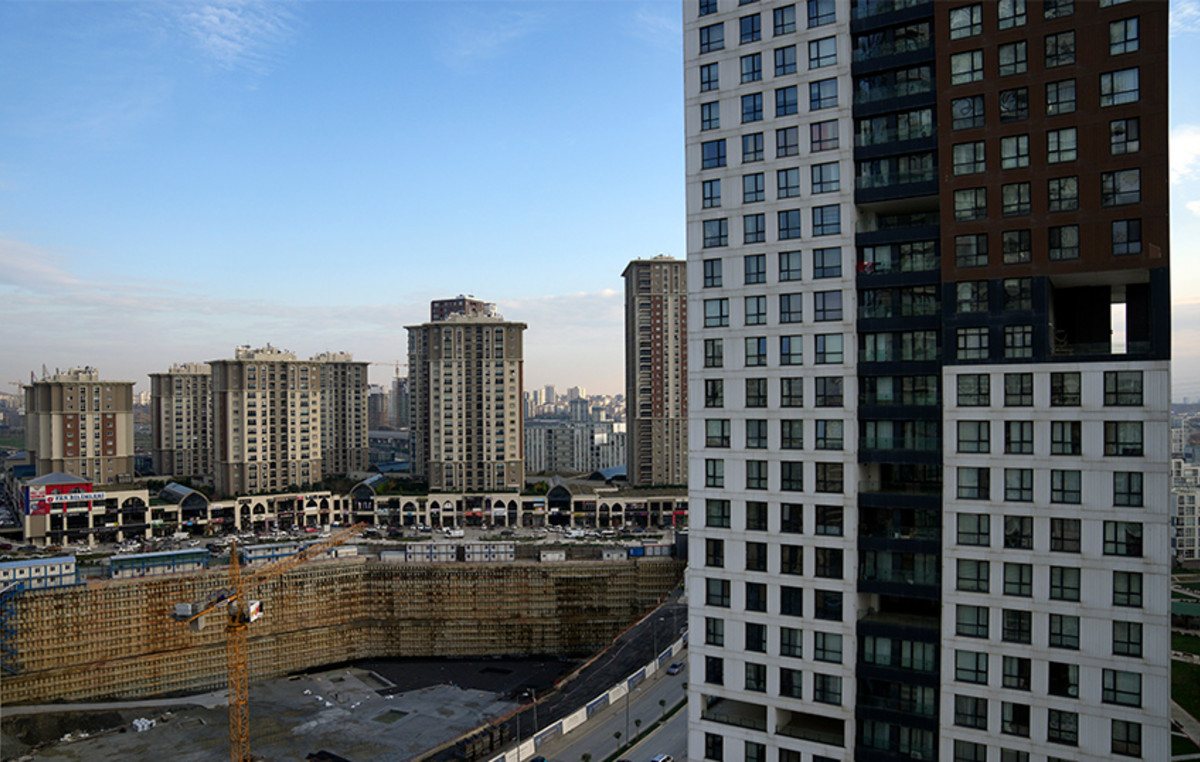This article is published in issue 48 of Vanity Fair on newsstands until 28 November 2023. To celebrate our #20changes with us, read here
The entire meeting in San Francisco between Joe Biden and Xi Jinping on November 15th was supposed to evoke a certain nostalgia for the Cold War: those were good times when two great atomic powers divided the world between them and a phone call between the two leaders was enough to reduce the voltage, or raise it, depending on your needs.
Of course, it was a balance that was based on the possibility of “mutual destruction” ensured by atomic weapons, but the theoretical risk of apocalypse is starting to seem less concrete than the daily experience of chaos, from Ukraine to Gaza.
Biden and Xi Jinping have their domestic problems, the American president is looking for a difficult re-election in 2024, the head of the Chinese Communist Party has a potentially lifetime mandate but this is not enough to support the Chinese economy threatened by the real estate bubble and the youth unemployment.
And so the summit served to reassure the respective public opinions and international observers: the leadership of globalization is now shared, everything is under control.
In reality, the world is now full of non-aligned powers – from India to Brazil to Indonesia – who consider it crucial for their sovereignty to have the possibility of choice, that is, not having the obligation to align with Beijing or Washington but being able to decide based on individual dossiers. China will do the United States a favor and limit exports of chemicals that Mexican drug cartels use to kill Americans with the illegal opioid fentanyl. And Washington reduces the economic and political pressure on China, which has become significant in recent months, especially with the limits on the export of chips and technology.
Of course, Biden fell into the trap of a journalist, he confirmed that Xi is “a dictator”, albeit with a thousand clarifications, dictator in the sense of head of a non-democratic country, and so on. The Chinese media have not said a word: this is the moment of truce, especially with the presidential elections in Taiwan in January 2024.
The paradox is that while Biden is campaigning for reappointment with a soft tone towards China, the President of the European Commission Ursula von der Leyen is doing the opposite: two days after the Biden-Xi Jinping summit, she presented her ideas on Beijing , much more hostile than in the past.
In short: cooperation where needed, such as on the climate, but firmness on everything else, starting with trade retaliation to balance Chinese subsidies to sectors such as electric cars and steel which end up taking away the market from European companies. With one of those formulas that only seem sensible in Brussels, von der Leyen spoke of a “rivalry that can be constructive”.
But if the United States has several arguments – technological and military – to set up a dialogue on an equal footing, the European Union is above all a market dependent on imports from China, while European exports in the other direction are stagnant (the bilateral trade deficit in 2022 reached 396 billion).
To subscribe to Vanity Fair, click here.
Source: Vanity Fair
I’m Susan Karen, a professional writer and editor at World Stock Market. I specialize in Entertainment news, writing stories that keep readers informed on all the latest developments in the industry. With over five years of experience in creating engaging content and copywriting for various media outlets, I have grown to become an invaluable asset to any team.







